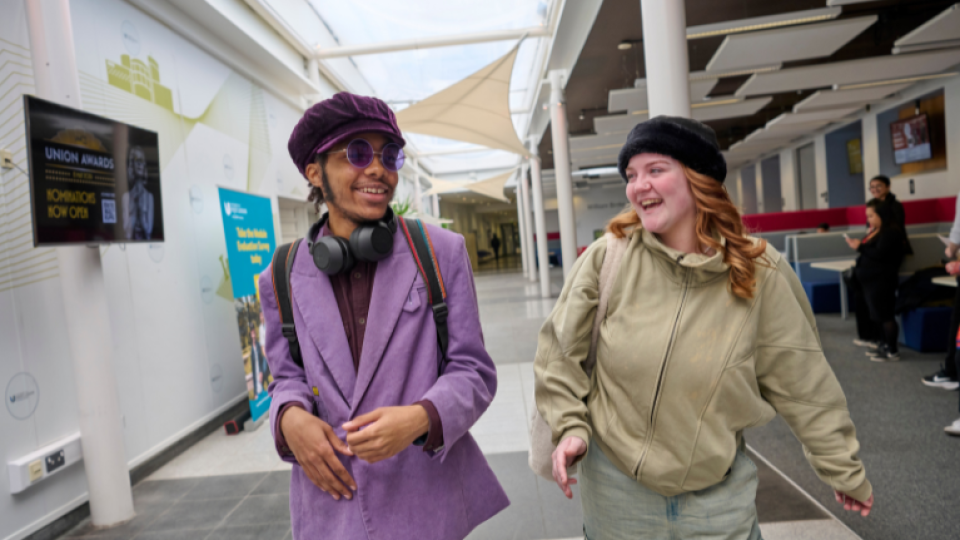
UWL professor wins in "smart cities" category of World Architecture Festival Awards
Intro
Professor Layton Reid, who is Visiting Professor of Research and External Profile at the London School of Film, Media and Design (LSFMD) and teaches on its BA (Hons) Interior Design course, has won a WAFX award in the smart cities category of the World Architecture Festival Awards.
Article body
Organised by the Architect’s Journal and the Architecture Review, the World Architecture Festival, which takes place in Singapore between 29 November and 1 December 2023, is a leading event for architecture. Hundreds of architects and designers from around the world will be presenting their projects live to the awards jury alongside an audience of their peers.
The WAFX Awards recognise projects that best use design and architecture to tackle major world challenges including health, climate change, technology, ethics and values. Winning projects for each of this year’s eight categories will be also presented live during the festival, and an overall winner chosen.
Professor Reid’s project – Diatom City – is an experimental vision of the future that foresees an autonomous community with a diatom-based structure in Detroit. Culturally, he takes inspiration from African and Chinese communities that favour communal living. The forms of the buildings themselves are designed to mimic nature, while their height makes the most of the available space.
The project considers how sustainability can be cost effective – providing affordable housing that supports the development of urban zones which otherwise might not be used, he says:
What is different to other buildings is it looks at architecture as a form of a participant in generating the energy for the lifeblood of the city.”
Buildings, including those for business and residential use, are designed to be off grid, with technologies capable of generating utilities like water included as standard.
The community could even sell back any surplus energy or water to the city,”
Layton adds.
Fifty percent of the world’s population has moved to live in cities and that's only going to increase, Professor Reid says:
Diatom City looks at how new technologies can be used to make environments that bring people together, creating a new kind of mixed community that enfranchises them.”
The World Architecture Festival Awards are like the Pulitzer Prize of the architectural design world, Professor Reid adds.
The process of presenting live to the judges and my peers is like taking part in a university viva. It is exciting to think that people come from all over the world to attend WAF and so you don't know who will be in the crowd or what questions they will ask you.”
Paul Lohneis, Head of the London School of Film, Media and Design, congratulated Layton on receiving his award:
At UWL, we are always looking for disruptive thinking and creative solutions to today’s challenges, which is why we are delighted to have his valuable contribution to our interior design course.”
Apply for a course
Clearing for courses starting in September 2025 will open from July 2025.
Related news
-
Fluid States – photography lecturer’s exhibition opens at London Museum of Water & Steam
A photography exhibition by University of West London lecturer Peter Bennett has recently opened at the London Museum of Water & Steam in Brentford.
-
UWL holds immersive inaugural Esports and Games Festival
The festival united a community of gamers, students and esports professionals in one space, providing a platform for networking and celebrating gaming culture.
-
London fringe theatre to show new play written and directed by UWL Associate Professor
‘Ordnance’ is an historical epic set in 1880s Afghanistan and is being produced with support from Arts Council England.






